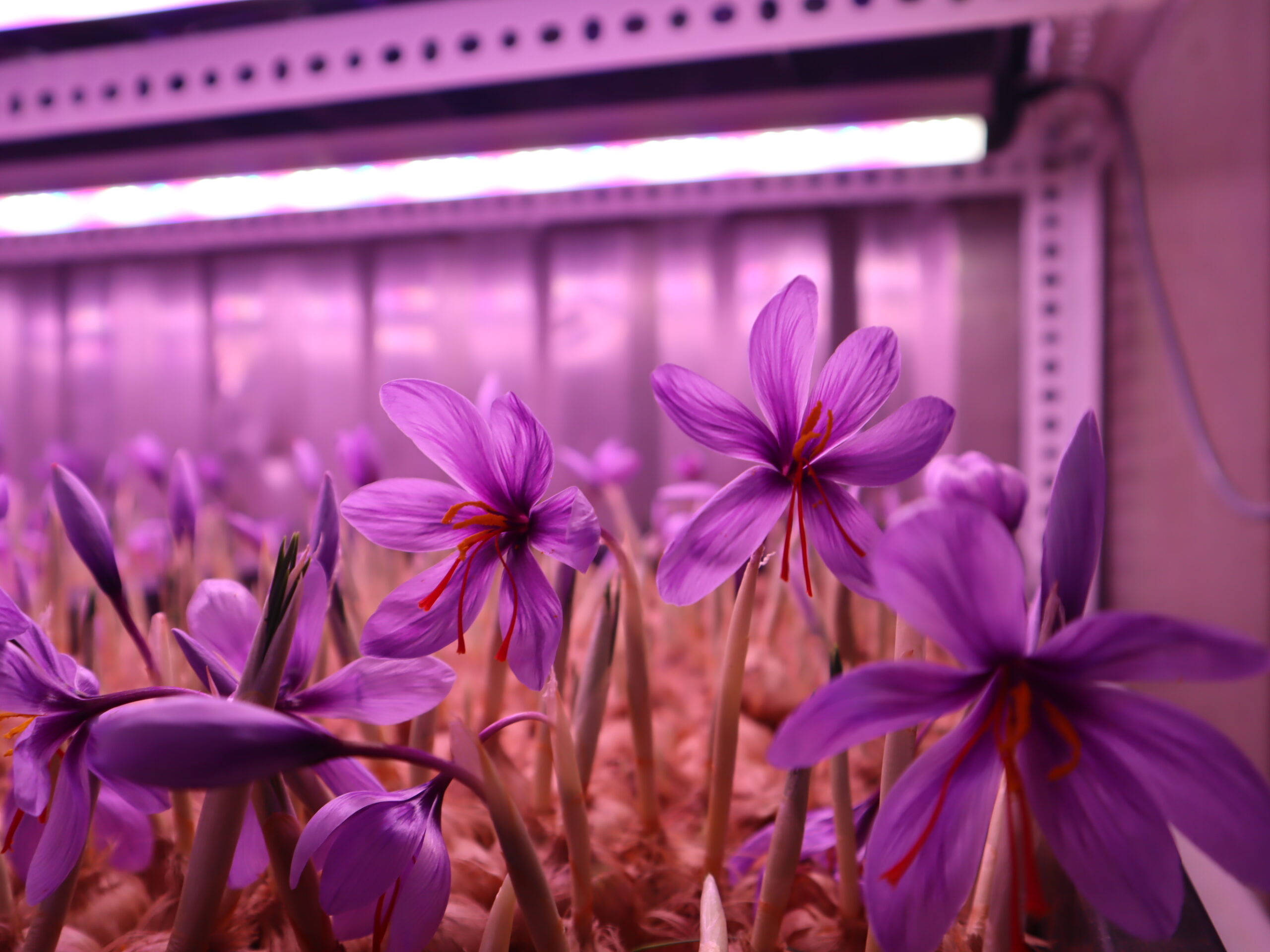
Sustainability in Hydroponics
Sustainability lies at the core of modern agricultural practices, and within the realm of innovative farming techniques, hydroponics stands out as a beacon of environmentally conscious cultivation. Embracing sustainability principles within hydroponic systems not only revolutionizes food production but also addresses crucial global challenges.
Introduction to Sustainability in Hydroponics
Understanding sustainability in the context of hydroponics involves melding environmentally friendly practices with efficient food production. It encapsulates methods that allow for continual growth and development without depleting natural resources or harming the environment.
Water Conservation in Hydroponics

Efficient water usage stands as a hallmark of sustainable hydroponics. Hydroponic systems utilize water significantly more efficiently compared to traditional soil-based methods. By recycling and reusing water within closed systems, hydroponic farms drastically reduce water wastage, promoting sustainable practices while ensuring optimal plant growth.
Reduced Environmental Impact

Comparing the environmental impact of hydroponics to conventional agriculture reveals a stark contrast. Hydroponics minimizes the release of greenhouse gases by avoiding soil disruption and reducing the need for heavy machinery. Additionally, the controlled environment decreases the reliance on chemical pesticides and fertilizers, thereby curbing environmental pollution.
Energy Efficiency in Hydroponic Systems
Optimizing energy consumption within hydroponic setups plays a pivotal role in sustainability efforts. Utilizing energy-efficient lighting, coupled with exploring renewable energy sources like solar or wind power, enables hydroponic systems to minimize their overall energy footprint.
Promoting Localized Food Production

One of the fundamental pillars of sustainable hydroponics lies in its ability to promote localized food production. By cultivating crops within urban or community settings, hydroponics reduces the carbon footprint associated with transportation, fostering self-sufficient and resilient communities.
Waste Reduction and Recycling
Implementing waste management strategies within hydroponic systems further solidifies their sustainability. Repurposing organic waste as nutrient solutions and adhering to circular economy principles not only minimizes waste but also ensures a closed-loop, resource-efficient farming process.
Biodiversity and Ecosystem Preservation
While hydroponic systems operate in controlled environments, efforts to maintain biodiversity and support local ecosystems remain crucial. Implementing practices that mimic natural habitats and supporting pollinators help preserve biodiversity and ecosystem functionality.
Challenges and Future Innovations

Addressing current challenges, such as energy consumption and upfront costs, is essential for the widespread adoption of sustainable hydroponics. However, ongoing research into innovative technologies promises solutions that enhance sustainability while driving the future of hydroponic farming towards even greater environmental harmony.
Sustainable hydroponics, with its emphasis on efficient resource utilization, minimal environmental impact, and community-centric cultivation, represents a beacon of hope in the quest for a more sustainable future in agriculture. As technologies advance and awareness grows, integrating these principles further into mainstream farming practices becomes not just a choice, but a necessity for a thriving planet.


